
Pichincha: The Vibrant Heart of Rosario
Pichincha, located in the northern part of Rosario, is a neighborhood that pulses with history and vibrant culture. Once known for its bustling red-light district, Pichincha has transformed into a trendy area filled with charming cafés, stylish bars, and unique boutiques. The neighborhood's historic buildings now house modern enterprises, blending the old with the new in a seamless, enchanting way. Stroll through the tree-lined streets and discover an array of street art that adds a splash of color to the historic architecture. Pichincha's nightlife is legendary, with numerous spots offering live music, tango shows, and a variety of cuisines to satisfy any palate. Whether you're looking to enjoy a quiet coffee or dance the night away, Pichincha has something for everyone. During the day, take a walk along the Paraná River, which offers stunning views and a refreshing breeze. The neighborhood is also home to several cultural centers and museums that showcase the rich heritage of Rosario. Pichincha is a perfect blend of past and present, making it a must-visit for any traveler looking to experience the true essence of Rosario.
Local tips in Pichincha
- Visit during the evening to experience the vibrant nightlife and live music.
- Take a walk along the Paraná River for stunning views and a relaxing atmosphere.
- Explore the local street art for a colorful and unique perspective on the neighborhood's history and culture.
- Check out the cultural centers and museums to learn more about Rosario's rich heritage.
Pichincha: The Vibrant Heart of Rosario
Pichincha, located in the northern part of Rosario, is a neighborhood that pulses with history and vibrant culture. Once known for its bustling red-light district, Pichincha has transformed into a trendy area filled with charming cafés, stylish bars, and unique boutiques. The neighborhood's historic buildings now house modern enterprises, blending the old with the new in a seamless, enchanting way. Stroll through the tree-lined streets and discover an array of street art that adds a splash of color to the historic architecture. Pichincha's nightlife is legendary, with numerous spots offering live music, tango shows, and a variety of cuisines to satisfy any palate. Whether you're looking to enjoy a quiet coffee or dance the night away, Pichincha has something for everyone. During the day, take a walk along the Paraná River, which offers stunning views and a refreshing breeze. The neighborhood is also home to several cultural centers and museums that showcase the rich heritage of Rosario. Pichincha is a perfect blend of past and present, making it a must-visit for any traveler looking to experience the true essence of Rosario.
Iconic landmarks you can’t miss
Monumento Histórico Nacional a la Bandera
Discover Argentina's national pride at the iconic Monumento a la Bandera in Rosario, a tribute to history, culture, and the Argentine flag.
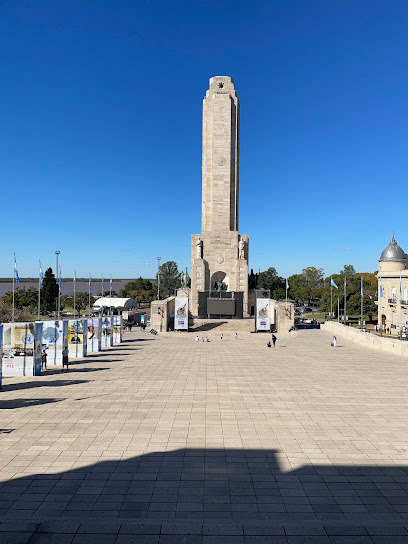
CULTURAL CENTER OF SPAIN PARK
Explore art, culture, and riverfront views at Rosario's Cultural Center of Spain Park, a symbol of Spanish-Argentine friendship.
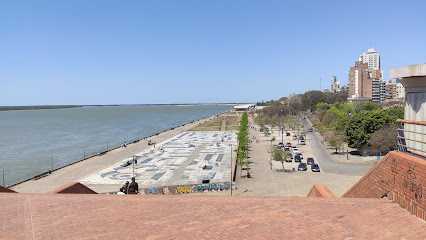
Parque Urquiza
Escape to Rosario's Parque Urquiza: A vibrant green space offering history, culture, recreation, and stunning Paraná River views.
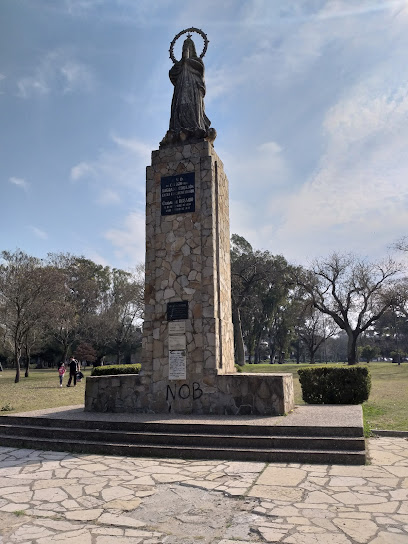
Independencia. Park
Discover Rosario's largest and most traditional park, a green oasis with gardens, museums, and recreational activities for everyone.

Flag National Park
Discover Rosario's Flag National Park: a vibrant tribute to Argentine heritage with stunning river views and cultural experiences.
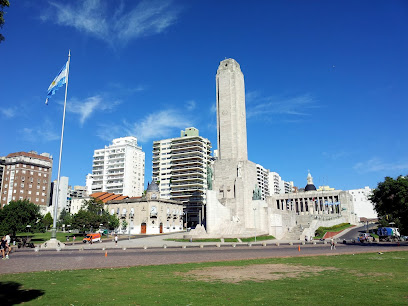
Paseo Del Caminante
Enjoy a scenic walk along Rosario's waterfront promenade with stunning views of the Paraná River and the Rosario-Victoria Bridge.
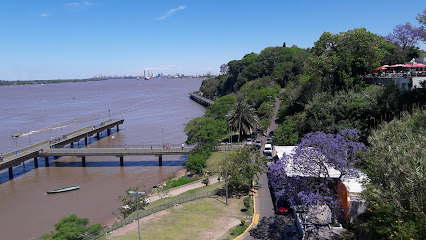
Dr. Julio Marc Provincial Historical Museum
Explore Argentina's past at Rosario's Dr. Julio Marc Provincial Historical Museum, featuring diverse collections in a landmark setting.
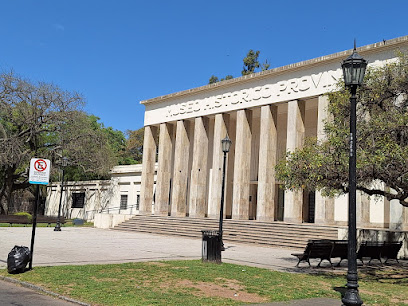
Fuente de las Utopías
A historic fountain in Rosario featuring a sculpture inspired by Greek mythology, offering a glimpse into the city's cultural heritage.
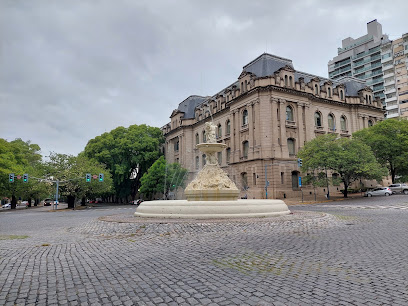
Plazoleta Pichincha
Experience the vibrant atmosphere of Plazoleta Pichincha, a green oasis in the heart of Rosario's lively Pichincha neighborhood.
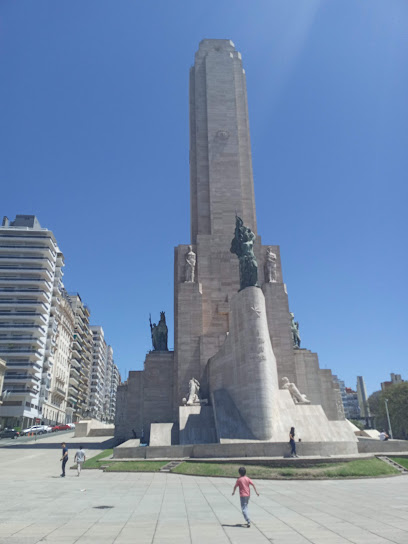
Paseo Pichincha
Discover tranquility in Rosario's Pichincha: a revitalized green space blending nature and art in a historic neighborhood.
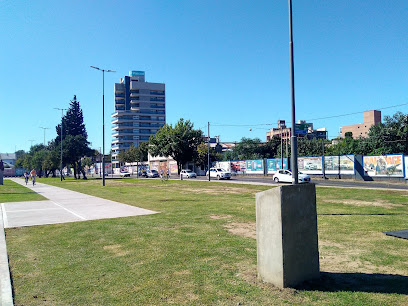
Essential places to dine
El Club de la Milanesa Pichincha
Discover delicious Argentine cuisine at El Club de la Milanesa Pichincha - where every bite is a celebration of flavor!
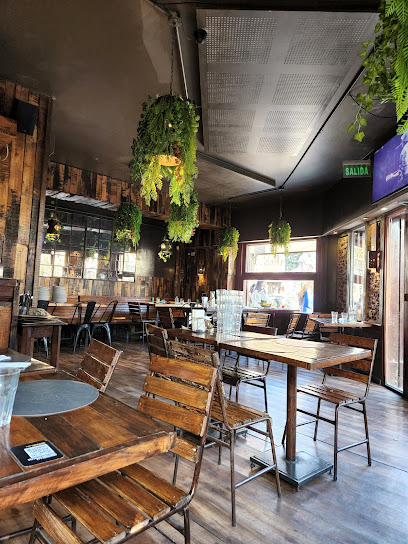
El Popular Pichincha
Experience authentic Argentine flavors at El Popular Pichincha in Rosario - where every meal is a celebration of tradition.
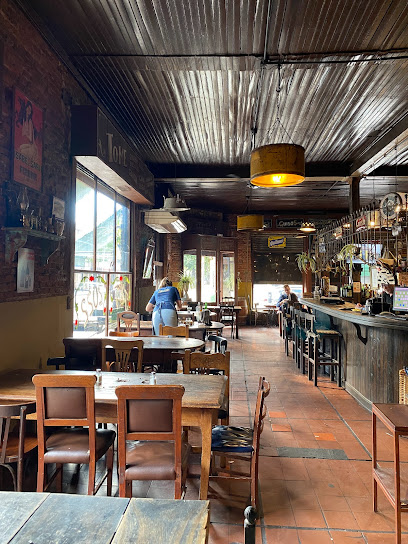
Jimmy
Discover culinary excellence at Jimmy in Rosario – where local flavors meet international flair in a vibrant atmosphere.
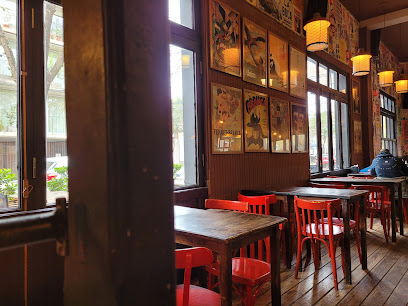
El Luchador de Pichincha
Experience the vibrant flavors of Argentina at El Luchador de Pichincha, a family-friendly restaurant in Rosario offering delicious cuisine and refreshing beers.
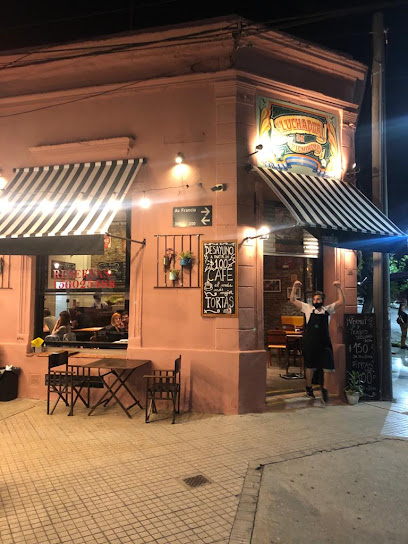
Chicharra Asador A Las Brasas
Experience authentic Argentine asado at Chicharra Asador A Las Brasas in Santa Fe - where grilling meets tradition.
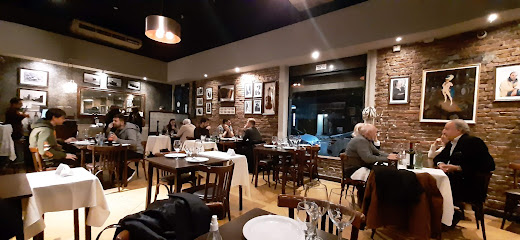
Ceviche Rosario
Experience the exquisite fusion of Japanese and Peruvian flavors at Ceviche Rosario in Rosario - a must-visit for culinary enthusiasts.
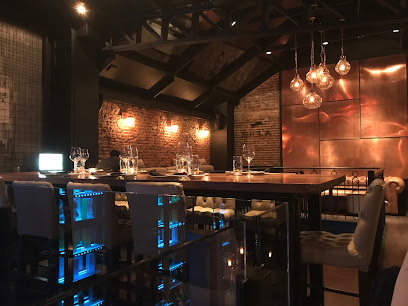
Restaurant Mesón
Experience authentic Spanish cuisine at Restaurant Mesón in Rosario – where every meal is a celebration of flavors.
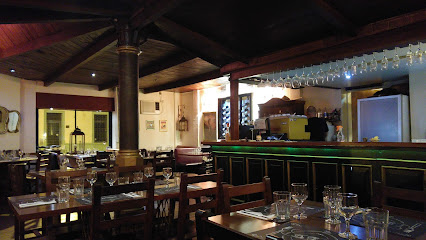
La Bodeguita de Pichincha
Experience the heart of Argentine cuisine at La Bodeguita de Pichincha - where tradition meets vibrant nightlife.
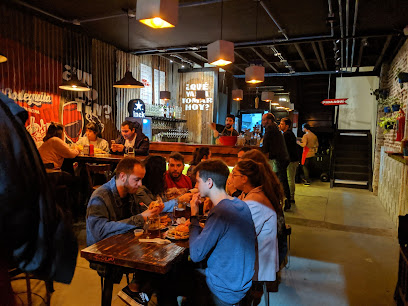
Locanda Valentino Restaurante
Experience exquisite Italian and Argentinian cuisine at Locanda Valentino Restaurante in Rosario – where every dish tells a story.
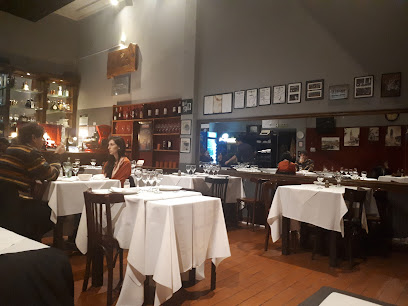
Ajoarriero
Experience exquisite Argentine cuisine at Ajoarriero, Rosario's culinary treasure known for its unique flavors and vibrant atmosphere.
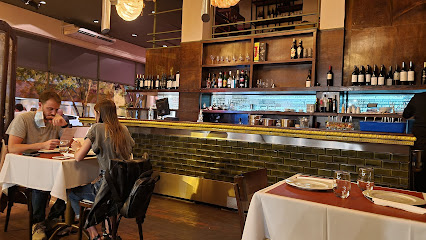
Markets, malls and hidden boutiques
Rosario Shopping store
Explore Rosario Shopping Store: A treasure trove of unique gifts, anime collectibles, and local artistry in the heart of Rosario.
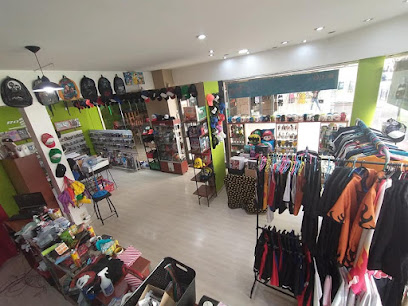
Mercado Retro La Huella
Explore a vintage paradise at Mercado Retro La Huella in Rosario, where every corner is filled with unique antiques and nostalgic finds.
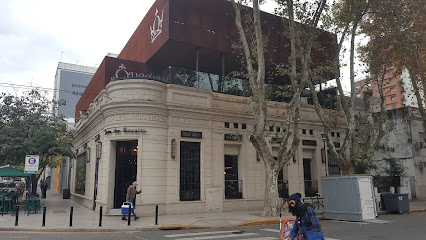
Archie & Reiton
Discover unique Argentine fashion at Archie & Reiton, the premier clothing store in Rosario, offering trendy apparel and exceptional service.
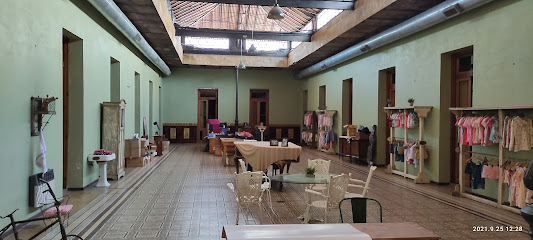
La tienda de pichincha
Discover unique fashion treasures at La tienda de Pichincha in Rosario, where style meets local craftsmanship in a welcoming environment.
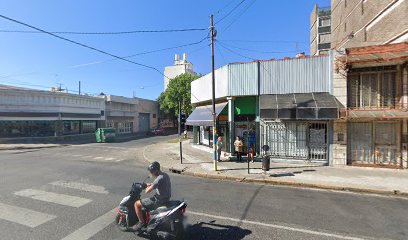
Bazar Express Pichincha
Explore Bazar Express Pichincha: a must-visit gift shop in Rosario, Argentina, featuring unique cutlery and artisanal treasures that embody local craftsmanship.
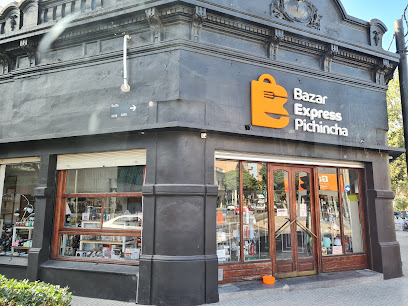
EL TERRUÑO
Discover unique handmade picture frames and local artistry at EL TERRUÑO, a charming shop in Rosario, Argentina, perfect for art lovers and tourists.
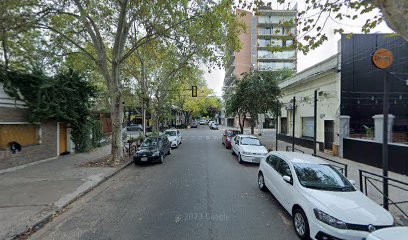
Cósmica Alto Rosario
Explore Cósmica Alto Rosario for unique gifts and souvenirs that embody the spirit of Argentina, perfect for every traveler.
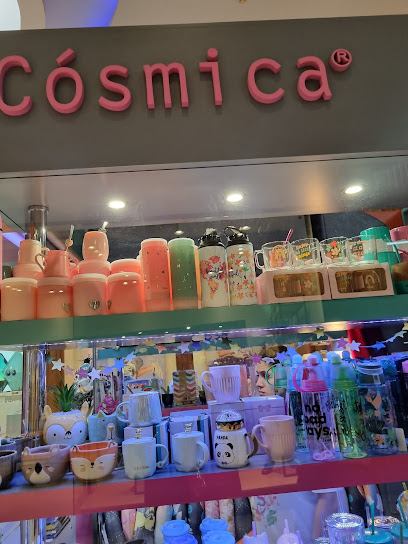
La Traperia
Explore the eclectic charm of La Traperia in Rosario, where unique local crafts and cultural souvenirs await every visitor.
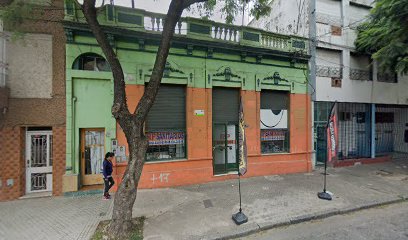
Cecchini Regalos
Discover unique gifts and local artisan treasures at Cecchini Regalos in Rosario, a must-visit for every traveler seeking memorable souvenirs.
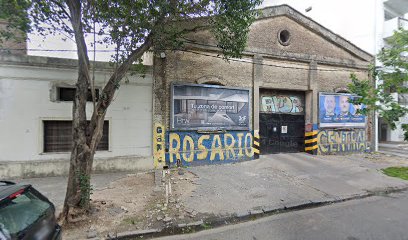
Minimarket pichincha
Immerse yourself in the vibrant local culture at Minimarket Pichincha, your go-to kiosk for Argentine snacks and beverages in Rosario.
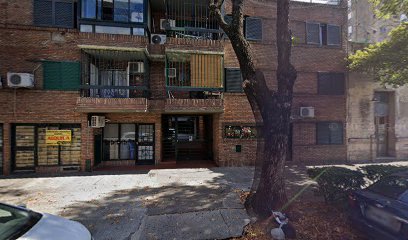
Essential bars & hidden hideouts
Casa Brava
Experience the vibrant nightlife at Casa Brava, Rosario's premier bar, where delicious drinks and lively atmosphere await every visitor.
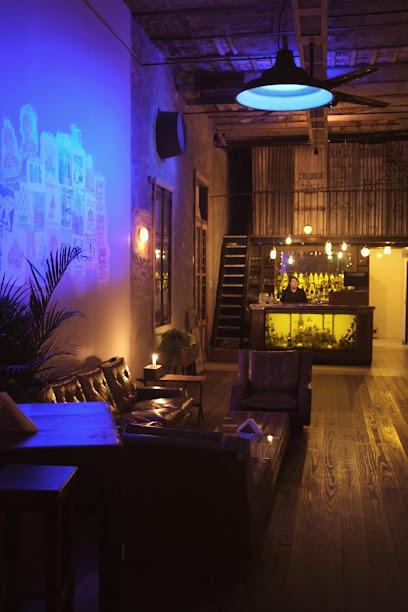
Jimmy
Experience the vibrant culture of Rosario at Jimmy, where a delightful bar and restaurant ambiance meets exceptional food and drinks.
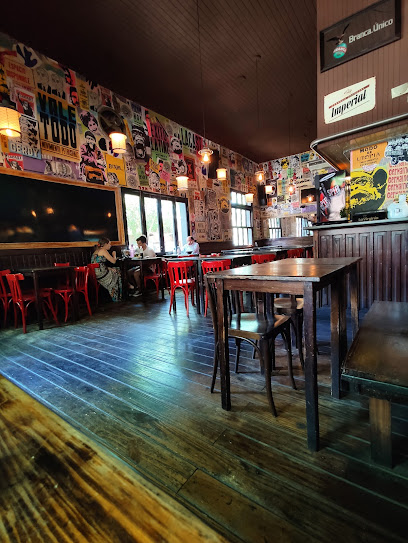
Cueva de Lobos
Experience the authentic flavors of Argentine cuisine at Cueva de Lobos, Rosario's premier grill restaurant, renowned for its exquisite meats and local beers.
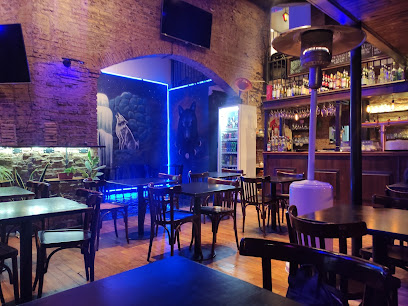
Club De Maltas
Discover the lively charm of Club De Maltas in Rosario, where craft beers and delicious bites create the perfect hangout spot for tourists.
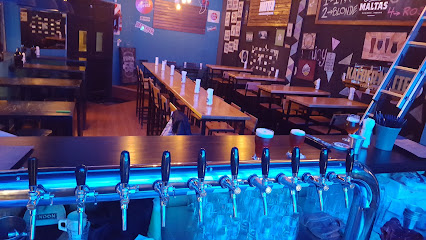
Bon Scott
Discover the vibrant nightlife and unique drink offerings at Bon Scott Bar, a must-visit destination in Rosario, Argentina.
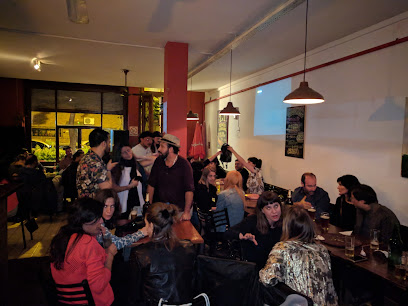
Ruin Bar
Discover Ruin Bar in Rosario, where vibrant flavors meet a lively atmosphere for an unforgettable dining experience.
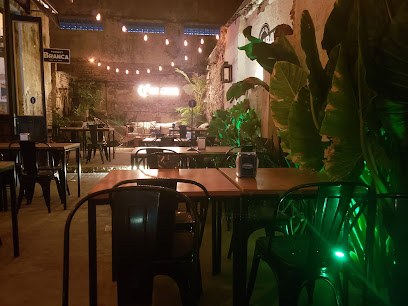
Lolla Bar
Discover the vibrant nightlife of Rosario at Lolla Bar, where cocktails, tapas, and a lively atmosphere await every visitor.
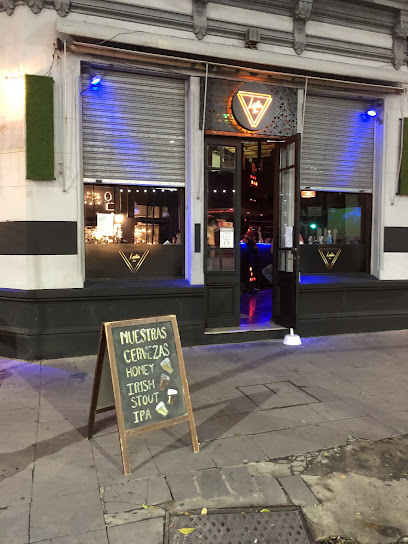
Corner Pichincha
Discover the lively spirit of Rosario at Corner Pichincha, where great drinks and a vibrant atmosphere await you.
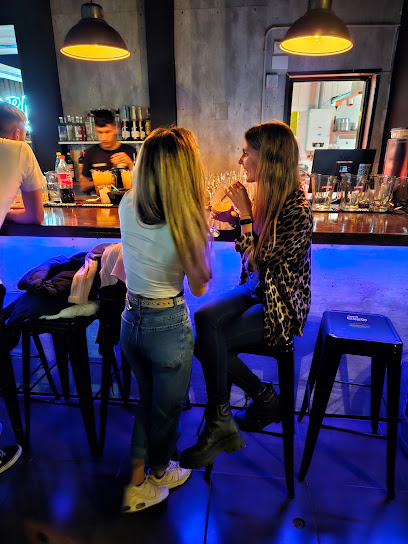
Grolar Bar
Experience the lively ambiance of Grolar Bar in Rosario, where expertly crafted cocktails and vibrant nightlife come together for an unforgettable evening.
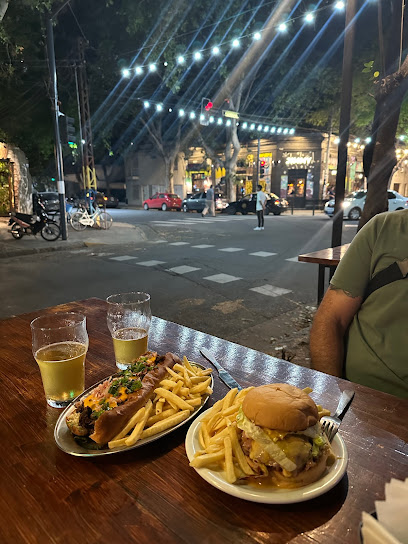
Amy Winehouse Bar
Discover the vibrant atmosphere and creative cocktails at Amy Winehouse Bar, a soulful tribute to the legendary artist in Rosario.
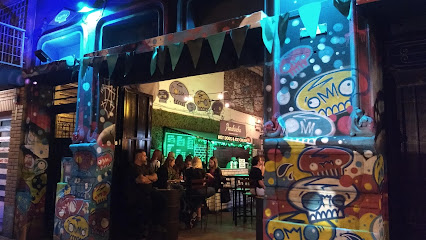
Local Phrases
-
- HelloHola
[oh-lah] - GoodbyeChau
[chow] - YesSí
[see] - NoNo
[noh] - Please/You're welcomePor favor/De nada
[por fah-vor/deh nah-dah] - Thank youGracias
[grah-see-ahs] - Excuse me/SorryDisculpe/Perdón
[dee-skool-peh/pehr-dohn] - How are you?¿Cómo estás?
[koh-moh ehs-tahs] - Fine. And you?Bien. ¿Y tú?
[byen. ee too] - Do you speak English?¿Hablas inglés?
[ah-blahs een-glehs] - I don't understandNo entiendo
[noh ehn-tee-ehn-doh]
- HelloHola
-
- I'd like to see the menu, pleaseMe gustaría ver el menú, por favor
[meh goos-tah-ree-ah behr ehl meh-noo, por fah-vor] - I don't eat meatNo como carne
[noh koh-moh kahr-neh] - Cheers!¡Salud!
[sah-loohd] - I would like to pay, pleaseMe gustaría pagar, por favor
[meh goos-tah-ree-ah pah-gahr, por fah-vor]
- I'd like to see the menu, pleaseMe gustaría ver el menú, por favor
-
- Help!¡Ayuda!
[ah-yoo-dah] - Go away!¡Vete!
[veh-teh] - Call the Police!¡Llama a la Policía!
[yah-mah ah lah poh-lee-see-ah] - Call a doctor!¡Llama a un médico!
[yah-mah ah oon meh-dee-koh] - I'm lostEstoy perdido
[ehs-toy pehr-dee-doh] - I'm illEstoy enfermo
[ehs-toy ehn-fehr-moh]
- Help!¡Ayuda!
-
- I'd like to buy...Me gustaría comprar...
[meh goos-tah-ree-ah kohm-prahr...] - I'm just lookingSólo estoy mirando
[soh-loh ehs-toy mee-rahn-doh] - How much is it?¿Cuánto cuesta?
[kwan-toh kwehs-tah] - That's too expensiveEso es muy caro
[eh-soh ehs mwee kahr-oh] - Can you lower the price?¿Puedes bajar el precio?
[pweh-dehs bah-hahr ehl pree-syoh]
- I'd like to buy...Me gustaría comprar...
-
- What time is it?¿Qué hora es?
[keh oh-rah ehs] - It's one o'clockEs la una
[ehs lah oo-nah] - Half past (10)Y media (10)
[ee meh-dee-ah (diez)] - MorningMañana
[mah-nyah-nah] - AfternoonTarde
[tahr-deh] - EveningNoche
[noh-cheh] - YesterdayAyer
[ah-yehr] - TodayHoy
[oy] - TomorrowMañana
[mah-nyah-nah] - 1Uno
[oo-noh] - 2Dos
[dohs] - 3Tres
[trehs] - 4Cuatro
[kwah-troh] - 5Cinco
[seen-koh] - 6Seis
[seys] - 7Siete
[syeh-teh] - 8Ocho
[oh-choh] - 9Nueve
[nweh-veh] - 10Diez
[dyehs]
- What time is it?¿Qué hora es?
-
- Where's a/the...?¿Dónde está...?
[dohn-deh ehs-tah] - What's the address?¿Cuál es la dirección?
[kwal ehs lah dee-rehk-syohn] - Can you show me (on the map)?¿Puedes mostrarme (en el mapa)?
[pweh-dehs mohs-trar-meh (ehn ehl mah-pah)] - When's the next (bus)?¿Cuándo es el próximo (colectivo)?
[kwan-doh ehs ehl proh-ksee-moh (koh-lehk-tee-boh)] - A ticket (to ....)Un boleto (para ....)
[oon boh-leh-toh (pah-rah)]
- Where's a/the...?¿Dónde está...?
History of Pichincha
-
Pichincha is one of the oldest neighborhoods in Rosario, founded in the mid-19th century as part of the city’s expansion. This area was originally a part of the agricultural lands surrounding the city, and its development was closely tied to the influx of European immigrants who settled in Rosario after the War of the Triple Alliance (1864-1870). The neighborhood became a melting pot of cultures, with Italian, Spanish, and other immigrant communities contributing to its early growth and identity.
-
The early 20th century saw Pichincha transform into a vibrant cultural hub. With the rise of local artisans, small businesses, and cafés, the neighborhood became known for its lively atmosphere. The construction of significant buildings, including theaters and community centers, reflected the growing importance of Pichincha as a center for social and cultural activities in Rosario. This period also saw the establishment of various clubs and societies that catered to the diverse immigrant populations.
-
As Rosario developed into a key port city in Argentina, Pichincha's proximity to the Paraná River and industrial areas facilitated economic growth. The establishment of factories and warehouses in the late 19th and early 20th centuries provided jobs and attracted more residents to the neighborhood. This industrial boom significantly influenced the architectural landscape, with many buildings reflecting the industrial aesthetic of the time.
-
Throughout the 20th century, Pichincha became a focal point for political and social movements in Rosario. The neighborhood was active in labor rights campaigns and social justice initiatives, particularly during the mid-century Peronist movement. The legacy of these movements can still be seen today in the community's strong sense of solidarity and activism.
-
In recent years, Pichincha has undergone significant gentrification, attracting new residents and businesses. This revival has led to the restoration of historic buildings and the establishment of trendy bars, restaurants, and art galleries. The neighborhood's cultural richness, combined with its historical significance, has made it a popular destination for both locals and tourists looking to experience the vibrant spirit of Rosario.
Pichincha Essentials
-
Pichincha is conveniently located in Rosario, easily accessible from other neighborhoods by public transport. From downtown Rosario, you can take bus lines 103 or 107, which operate frequently and will take you directly to Pichincha. If you are coming from the airport, a taxi or ride-sharing service is the most efficient option, taking approximately 30 minutes depending on traffic.
-
Pichincha is best explored on foot or by bicycle, as the area is relatively flat and pedestrian-friendly. There are several bike rental stations throughout Rosario, and you can easily find a bike to explore the neighborhood. Public buses also service the area, providing routes to other parts of the city. Taxis and ride-sharing services are widely available and can be a good option for late-night travel.
-
Pichincha is generally considered safe for tourists, but like any urban area, it is important to remain vigilant. Avoid walking alone at night in poorly lit areas, particularly near the northern edge of the neighborhood. It is advisable to steer clear of certain streets where petty crime can occur. Keep your belongings secure and be cautious when using your phone in public.
-
In case of emergency, dial 911 for police, fire, or medical assistance. The nearest hospital is Hospital de Emergencias Clemente Álvarez, located within a short taxi ride. Ensure you have travel insurance that covers medical emergencies. Pharmacies are readily available throughout Pichincha for minor health issues.
-
Fashion: Do wear comfortable clothing and footwear for walking. Avoid overly flashy jewelry that may attract unwanted attention. Religion: Do respect local customs, especially if visiting religious sites. Public Transport: Do be courteous to others on public transport. Don't eat or drink on buses. Greetings: Do greet locals with a friendly 'Hola' and a smile. Eating & Drinking: Do try local foods at eateries and street vendors. Don't refuse food offerings, as this can be seen as impolite.
-
To experience Pichincha like a local, visit the local markets, such as Mercado Pichincha, where you can find fresh produce and regional specialties. Enjoy a coffee at one of the neighborhood's many cafes, and don’t hesitate to strike up a conversation with locals—they are often eager to share stories and recommendations. Attend local events or festivals if your visit coincides with them for a true taste of the community.
Nearby Cities to Pichincha
-
Things To Do in Fray Bentos
-
Things To Do in Buenos Aires
-
Things To Do in Colonia del Sacramento
-
Things To Do in La Plata
-
Things To Do in Córdoba
-
Things To Do in Tacuarembó
-
Things To Do in Montevideo
-
Things To Do in Maldonado
-
Things To Do in Punta del Este
-
Things To Do in Mar del Plata
-
Things To Do in San Rafael
-
Things To Do in San Juan
-
Things To Do in Mendoza
-
Things To Do in Carmen del Parana
-
Things To Do in Encarnacion








